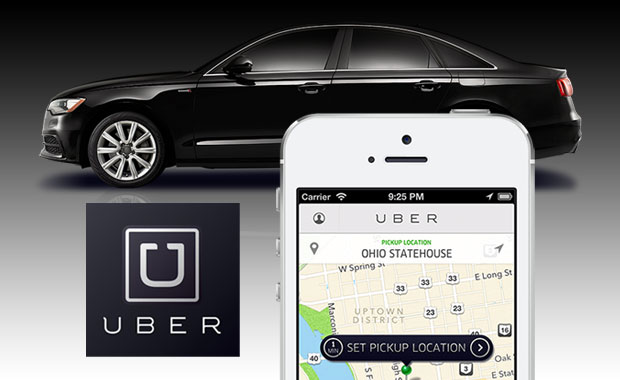By: Nick Gambino
Uber has been facing an uphill battle with its resident state of California and the repercussions of said battle have now played out in the launch of their new monthly subscription – Uber Pass.
Uber Pass is the ride-sharing app’s answer to a subscription-focused world. For $25 a month, riders see discounts on rides, grocery deliveries and Uber Eats deliveries. The monthly pass has been available in 10 cities as part of their initial test, but now it’s expanding nationwide, except for California.
The decision to finally roll out Pass to over 200 cities across the U.S. seems to be in response to the current pandemic which has obliterated the very foundation of the Uber platform, at least as far as hailing rides goes. Uber Eats has actually seen a spike as everyone huddles in at home.
Pass offers 10% off UberX, UberXL and Uber Comfort rides; 15% off Premium rides; $0 delivery fee and 5% off for all Uber Eats orders that exceed $15; 0$ delivery fee for all grocery deliveries that exceed $30.
They’ve also gone so far as to redesign their app and place all services in one easy-to-find location. Between the redesign and the national Pass rollout, Uber hopes to drive users back to their other services that have taken a hit due to COVID-19.
Now, why did the company make the decision to exclude California users from using Pass? Uber hasn’t made any official announcement, but the ongoing battle between the company and the state has been widely reported. A new law, passed last year, requires Uber to classify their drivers as employees instead of freelance gig workers.
The ride-share company is fighting this tooth and nail. They have made no qualms about their willingness to close down the service in the state unless this changes. They even went so far as to send out a push message to all California users that reads, “Ridesharing in CA may be suspended.”
“We know that riders rely on Uber to get around, and drivers rely on the Uber app to earn income,” a blog post from the company reads. “We wanted to let you know that this is a possibility, so you can plan accordingly.”
This will all come to a head this week as both Uber and Lyft have until Aug. 20th to comply.







